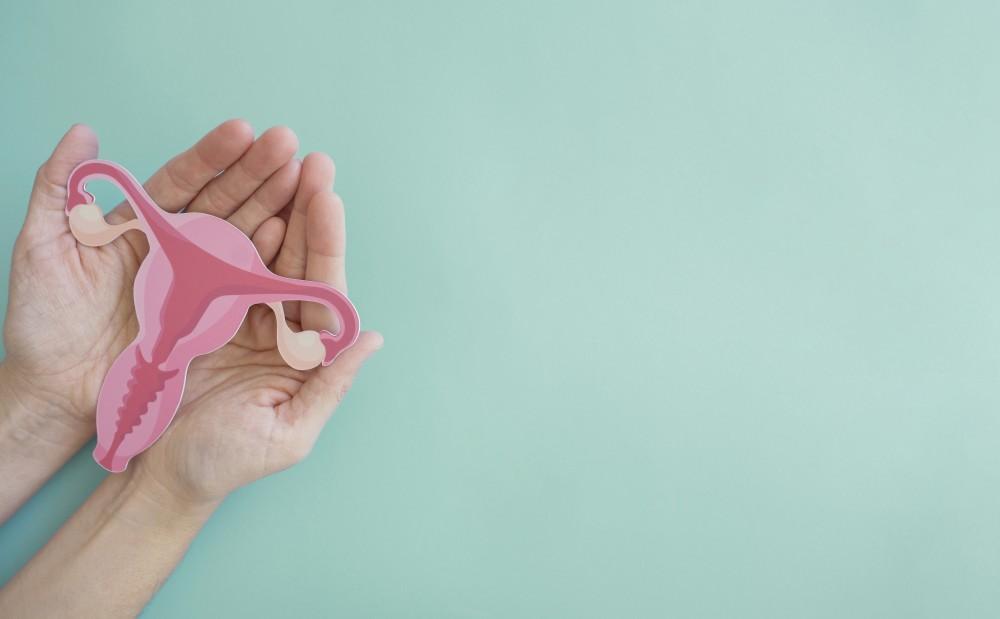
Suffering From Urinary Incontinence? It's More Common Than You Think

Urinary incontinence affects one in four women who have had children, and four out of 10 women over the age of 65. This means if you have urinary incontinence, you aren’t alone. Many women fear talking to their doctor about urinary incontinence, thinking it’s too embarrassing or that they’ll be blamed for somehow failing to maintain control.
At Women’s Specialists of Fayette in Fayetteville, Georgia, our team of compassionate, caring OB/GYN specialists are ready to help you with your urinary incontinence. You won’t find any shame or blame, just solutions to help you overcome your situation and lead a life free from embarrassment and anxiety over urinary incontinence.
Who suffers from urinary incontinence?
Women are twice as likely to experience urinary incontinence as men, because of changes in and stresses on the female pelvic region, especially during pregnancy and childbirth. It is estimated that the number of women in the US with urinary incontinence will reach 28.4 million by the year 2050.
Though the chances increase with age, younger women may experience urinary incontinence as well. While many women may experience occasional, minor leaks of urine, others may struggle with more frequent losses of small to moderate amounts of urine.
Types of urinary incontinence
There are many different types of urinary incontinence, and you can have one or more type at different points in your life or simultaneously
Stress incontinence
Sudden stress causes urine leaks when there is abrupt pressure on your bladder. You might experience a sudden loss of a small amount of urine when coughing, sneezing, laughing, or shouting. You could also have a more significant loss of urine when exercising or lifting something heavy.
Urge incontinence
Urge incontinence can be caused by a minor condition, such as a urinary tract or bladder infection, or a more severe condition such as diabetes. You might find you often have to get up at night to urinate, or you feel like you need to urinate urgently and then pass urine before you can get to a toilet.
Overflow incontinence
If your bladder doesn’t empty completely, and your muscles don't contract to shut off the flow, you could have a slow leak or dribbling of urine after using the toilet.
Functional incontinence
If you have a physical impairment, you might find you need to pass urine, but can’t get to the toilet in time due to mobility issues. You might also have trouble getting your clothing undone in time because of a disability caused by arthritis in your hands or problems bending your knees to sit down.
At Women’s Specialists of Fayette, your doctor will work with you to find the cause(s) of your urinary incontinence and identify a solution. Potential treatments include:
- Bladder training
- Physical therapy
- An outpatient sling procedure
- Surgery to treat a structural issue
If you suffer from urinary incontinence, don’t let embarrassment make you wait another day to talk to a professional. Call our office for an appointment at 770-203-0920, or book your appointment discreetly online.
You Might Also Enjoy...


Why Are IUDs so Popular?

Bleeding During Pregnancy: What's Normal and What's Not?

Is There Any Treatment for My PCOS Symptoms?

3 Tips for Choosing a Birth Control That Fits With Your Lifestyle


